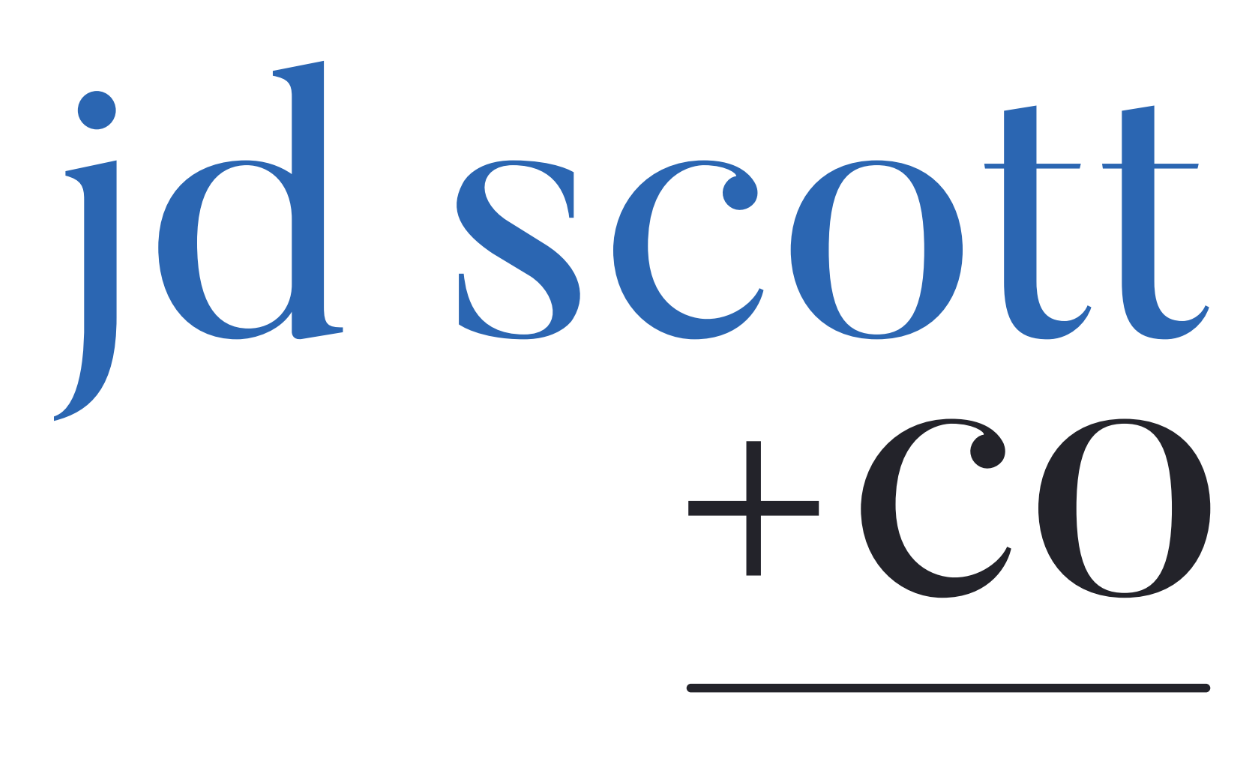What is a Tax Assessment?
A tax assessment given to individuals is calculated based on the information in your tax return and is outlined in a Notice of Assessment (NOA). This NOA details your tax payable, any refund due, or if you need to pay additional tax—along with the payment due date.
Why You Might Receive a Tax Bill
- Insufficient Tax Withholding
If not enough tax was withheld from your income during the year, you could face a tax bill. This often happens if you’ve moved into a higher tax bracket, got a promotion, or took on a second job without adjusting your tax withholding. Additional income, such as interest, dividends, or business income, can also contribute. - Changes to Tax Offsets
Some tax offsets, like the Low and Middle Income Tax Offset, ended on 30 June 2023. If you previously qualified for this offset, the absence of this benefit may result in a higher tax liability. - Capital Gains and Investment Income
Selling assets like property or shares triggers a Capital Gains Tax (CGT) event, which can lead to a tax bill. Similarly, earning investment income could increase your tax liability. - Medicare Levy or Surcharge
Changes in your income or family status could impact your Medicare levy or surcharge payments. - Superannuation Contributions
If you exceed the concessional cap on superannuation contributions, the excess is refunded by the ATO and taxed at your marginal rate, which can result in an unexpected tax bill.
Tax or not tax?
Note that some amounts, like health insurance rebates or childcare subsidies, are administered through the tax system but are not considered tax. You may be required to make repayments on these if your income was higher than initially reported to Centrelink or your insurer. Additionally, a change in income or insufficient withholding for HECS/HELP debt can lead to additional repayments being added to your tax bill.
How to Avoid a Tax Bill
- Increase Tax Withholding
You can request that your employer withholds extra tax from your regular pay to ensure you’re not under-taxed throughout the year. - Adjust PAYG Instalments
If you’re earning additional income, such as from a business or investments, consider entering the PAYG instalment system to prepay your tax obligations. - Make Prepayments
Regular prepayments towards your tax can help manage your liability and reduce any surprises at the end of the financial year.
By understanding your tax obligations and planning ahead, you can avoid an unexpected tax bill. For tailored advice, it’s always best to consult with a registered tax agent.
Want more tax tips? Check out our article: ‘6 tax tipes for individuals’ HERE














